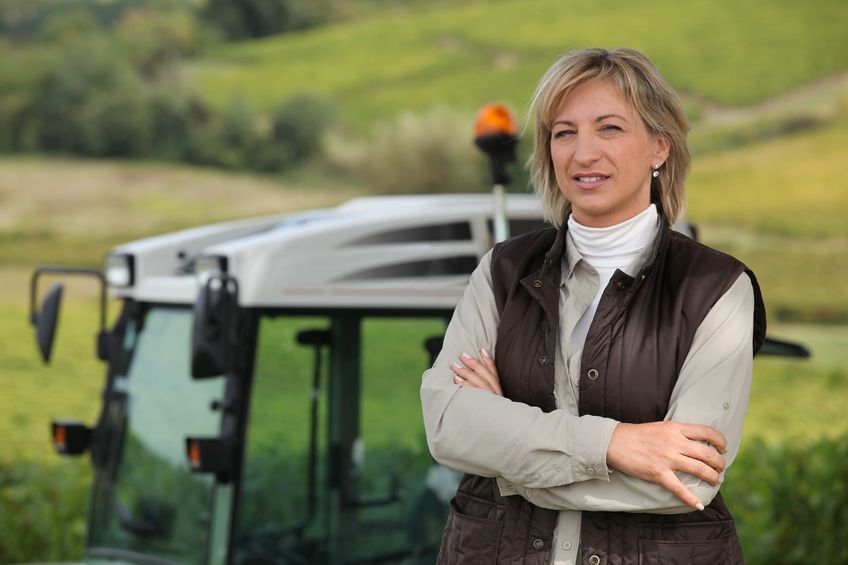
As the deadline approaches for a Women in Agriculture online survey, NFU Scotland is encouraging women from across the industry, no matter what role they play in the farm business, to take time to complete it.
The survey, launched by the Scottish government and facilitated by the James Hutton Institute, gives women of all ages who live and/or work on a farm in Scotland the chance to share their views and experiences.
This is not just open to women who are the primary producer, it is also for women who support the farm or croft through many different kinds of activities, both paid and unpaid.
The survey deadline is Saturday 1 October 2016, with a second survey, primarily for female agricultural students launching on 3 October.
NFU Scotland has said the union recognises that women play vital roles in agricultural businesses across the country, and as such has been investigating how it can encourage more women to get involved in at all levels to provide better representation.
The union currently sits on the national Women in Agriculture working group, and will be attending the annual conference at Gogarburn in November.
'Vital work carried out by women in agriculture'
NFU Scotland Policy Manager Gemma Cooper, who represents NFU Scotland on the national working group, commented: "There has been a good response to this survey so far, however we would really like to encourage women who have not yet filled this survey in to complete it too.
"We are looking for women who may have other jobs outwith the farming or crofting business, but who still do the books, assist at milking or harvest, or those who run diversifications to assist the business.
"We know there are many women that meet these descriptions, and we would urge them to participate.
"This piece of work represents a unique opportunity to provide a realistic picture of just how much vital work is carried out by women in Scottish agriculture."
Fergus Ewing, Cabinet Secretary for Rural Economy and Connectivity said women play an "integral role" in farming communities and families.
"But we need to understand more about that role," Mr Ewing said.
"The women in agriculture survey work will enable us to learn more about the views and experiences of women who live or work on Scottish farms, so we can better understand the opportunities and barriers facing women in rural Scotland.
"I’d encourage women across Scotland to take part."
